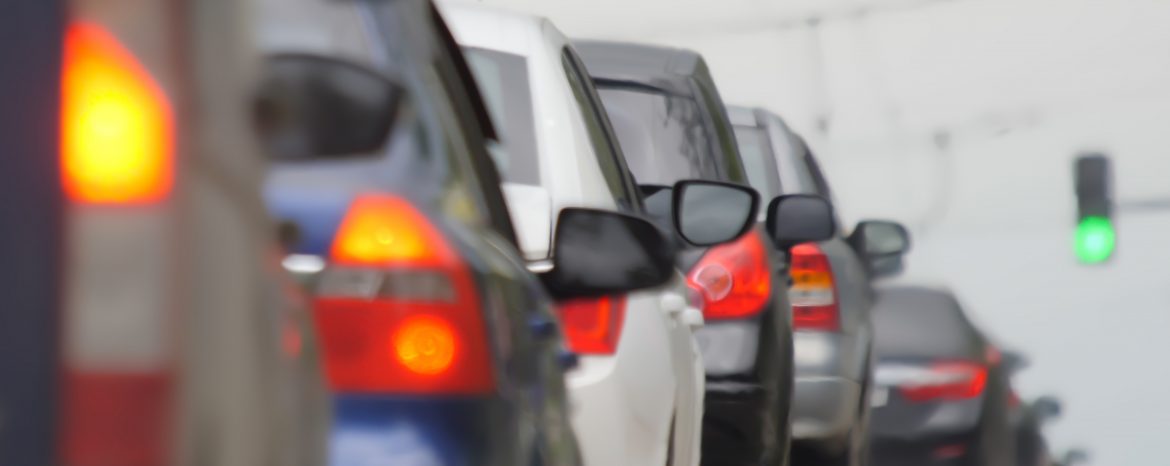You’ve just been pulled over by a police officer, and in addition to dealing with your elevated blood pressure and sweaty palms, you’re asking yourself, “How best can I protect myself legally from a potential violation?” Partners at Friedman, Grimes, Meinken & Leischner PLLC, share what to expect during a traffic stop in Virginia.
DISCLAIMER: This general information is not legal advice and creates no attorney/client relationship.
What Can I Be Pulled Over for in Virginia?
In order for a police officer to pull you over, they must have reasonable suspicion that you committed a traffic violation or broke a law. This may include, but is not limited to:
- Running a red traffic light
- Failing to stop at a stop sign
- Driving recklessly over the speed limit
- Passing a stopped school bus while loading and unloading passengers
- Weaving, swerving, or other moving violations
What Should I Not Be Pulled Over for in Virginia?
In 2021, new laws were enacted in Virginia offering clarification on pretextual stops. The laws state that Virginia police officers may not pull you over for a variety of minor infractions (in order to investigate others) including but not limited to:
- Odor of alcohol
- Odor of marijuana
- Broken tail-lights
- Expired inspection less than 4 months past due
- Cracked windshield
- Tinted window
It is important to note, however, that while you may not be subject to a primary stop for any of the above offenses, officers may still issue a summons upon discovery of secondary offenses.
What Should I Do Once I’ve Been Pulled Over?
If you are stopped by a police officer, there are a few important things to keep in mind. Once you have safely pulled over to the side of the road:
- Remain calm
- Turn off your vehicle
- Remove keys from the ignition (if your vehicle is not a push-start)
- Open your window about halfway
- Stay in the vehicle unless the officer prompts you to do otherwise
- Place and keep both hands on the steering wheel unless otherwise instructed
- If it’s dark outside, turn on your car’s interior light so the officer can see your hands on the steering wheel as s/he approaches your vehicle.
When the officer approaches your vehicle, they will ask to see your driver’s license, vehicle registration and proof of insurance. Please keep in mind that you are required by law to produce these items if asked to do so by an officer. For your own safety, do not resist an officer during a traffic stop.
In Virginia, you also have the option to record your interaction with the officer. After you have safely pulled over to the shoulder of the road, you may use your phone to record video and/or audio of the traffic stop.
Do I Need to Answer An Officer’s Questions or Take Sobriety Tests Once I’ve Been Pulled Over?
While you should identify yourself if asked, you do have the right to remain silent. If you do refuse to answer questions, make sure to tell the officer that you’re choosing to exercise this right.
If you do choose to answer questions, it’s best to keep your answers short and to the point. It is important to choose your words carefully when responding to questions such as “Do you know how fast you were going?” and “Are you aware of why I pulled you over?” Do not answer a question that may lead you to incriminate yourself.
It’s also important to note that you have the right to refuse any tests, including field sobriety tests or preliminary breath testing on the side of the road. While many feel obligated to comply with officer requests, you should think twice before agreeing to a test.
How Long Does a Traffic Stop Take in Virginia?
In general, a routine traffic stop takes about 20 minutes, but it can take longer depending on the officer’s findings.
After the officer takes your license, registration and insurance back to their vehicle to validate your documents, a few things may happen. The officer may need more information, give you a warning or citation, or, if more action is needed, they may choose to investigate further.
Do I Have the Right to Refuse a Search During a Traffic Stop?
While it is within your right to refuse a search during a traffic stop, police officers may still pat you down or search your vehicle to ensure you don’t have a weapon. If an illegal search is conducted, do not try to interfere. You and your lawyers can file a complaint and review any violations of your rights after the fact.
What Should I Do If My Rights Were Violated During a Traffic Stop?
If you feel like your rights were violated, you should:
- Write down everything you can including the officer’s name and badge number(s), patrol car numbers, which agency the officers were from, and any additional information you can gather.
- Seek medical attention and photograph all injuries immediately if you were harmed.
- Consult with a lawyer
Consult the Professionals
Whether you are facing a family law, protective order, estate, bankruptcy and/or criminal-law-related issue, Friedman, Grimes, Meinken & Leischner PLLC is here for you during challenging times.

